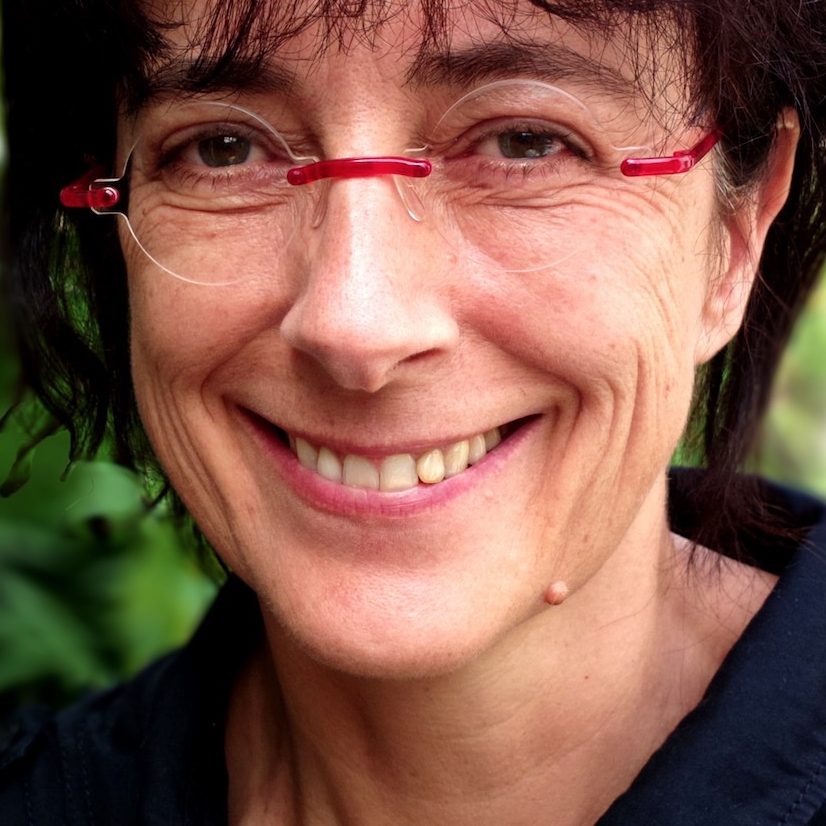In the new Partners In Action series, Sonar-Global is showcasing each of its partners’ current projects relating to COVID-19 through interviews conducted with those partners. We will start this series with CRCF, which is currently working on two projects: CORAFMOB and CORAF/ARIACOV.
Project Name: CORAFMOB – Community mobilizations and socio-sanitary issues related to COVID-19 (Burkina Faso, Senegal)
Team members: Alice Desclaux, Khoudia Sow, Blandine Bila, Fatoumata Hane, Séverine Carillon, Georges Tiendrebeogo, Christine Kafando, Thierno Madiou Diallo
The main objective of this operational research project is to strengthen the response against COVID-19 by documenting and analyzing community mobilizations and their socio-health challenges in Senegal and Burkina Faso.
The secondary objectives are to describe and compare:
• Individual and collective community reconfigurations linked to COVID-19
• The impact of COVID-19 and response measures on community actors (agents and organizations) and their adaptation
• The models of mobilization and areas of involvement of CBOs, their achievements, and limits
• The interventions of community actors in/with the healthcare system
The project is developed by CRCF (Regional Research and Training Center on Infectious Diseases at Fann, Dakar, Senegal) with IRSS (Research Institute on Health Science, Ouagadougou, Burkina Faso) and TransVIHMI, IRD (Research Institute for Sustainable Development, INSERM and Montpellier University), and is funded by ANRS/MIE, French Research Agency on HIV and Emerging Infectious Diseases.
After a situational analysis, the qualitative approach combines interviews, observations, and document analyses with community actors, CBOs, health actors, and people affected by COVID-19. The analysis will compare the role given to CBOs in the COVID response and in the HIV or Ebola responses and the various experiences, professional and associative cultures, and memories engaged in the COVID response.
Expected analytic results include an evidence-based description of achievements and limits of community organizations and health workers’ contribution in COVID-19 response and of their background. Applied results will include indications and recommendations for better community engagement and democracy in managing community health issues involved in the COVID-19 pandemic.
During previous epidemics (HIV, Ebola), the community sector has played a very important role, in particular through Community-Based Organizations (CBOs), in various fields: care, investigation and follow-up of suspected cases, management of patients, advocacy, fight against stigma and for human rights, support for marginalized and vulnerable populations, etc. Community actors, CBO members or health workers (volunteers, mediators or contract workers) have been on the front line with AIDS and Ebola patients. However, their place in response mechanisms to the COVID-19 pandemic at global (WHO), regional (Africa CDC) or national level seems more limited. Since the first cases, different community mobilizations have appeared in Senegal (where the initiative generally comes from the State) and in Burkina Faso (where the CBOs have carried out numerous health initiatives), these countries also differentiating themselves by their experience of the Ebola epidemic. Community mobilizations against COVID-19 must be documented and analyzed to understand their potential contribution (and their limits) to all the pillars of COVID19 response. The main challenges we face are related to the context of crisis, with respondents having little time to participate when they are health workers and when curfew limits the time span for daily life.
The ARIACOV program (Support for the African Response against COVID-19) is support and operational research program that aims to support the authorities of Benin, Cameroon, Ghana, Guinea, the Democratic Republic of Congo, and Senegal in the development and strengthening of national strategies to respond to the epidemic. Funded by the French Development Agency (AFD) as part of the “Covid-19 – Common Health” initiative, it is implemented under the scientific responsibility of Prof. Eric Delaporte by the IRD and its university partners, scientific and medical.
The program includes studies in social sciences with a quantitative and qualitative approach: CORAF Project (Media, Interpretations, Social Effects), developed in three countries: Benin (CORAFBEN), Cameroon (CORAFCAM), Senegal (CORAFSEN). The CORAF project focuses on the information that circulates in the media about the COVID-19 pandemic and the response measures, their interpretations and their social effects. In presenting facts and narratives, the media can contribute to overall buy-in, or conversely amplify differences. The multiplication of information sources (traditional media, networks and social media, internet) favors that of discourses, fueled by the infodemic specific to the COVID-19 epidemic. This project aims to shed light on the points of convergence and divergence in the information in circulation and their interpretations relating to the COVID pandemic and to response measures, using data collected in the media.
The method is based on the exploration of key themes identified during an exploratory phase, among which the most relevant will be investigated according to their topicality. The study of interpretations, and more fully of “epidemic stories” is carried out by means of media monitoring, the collection of infox on social networks, the creation of a chronogram of the epidemic, a passive collection of opinions (collection of messages on social networks and comments on articles on the internet) and active (field diaries, interviews, observations).
The main challenges we face are related to the context of crisis, with respondents having little time to participate when they are health workers and when curfew limits the time span for daily life. There are also challenges about results that may be interpreted as criticism or politically-biased analysis, in a time when political decisions, for instance about collective measures, are not popular.
The expected results of this project are at two levels:
• at the national level, the project will provide elements on the information and its interpretations, on the logics on which it is based and on their social effects (experience, discourse) which will allow the actors of the response to have documented bases to adapt their strategy especially in communication. These results will be presented in a format suitable for operationalization.
• a second level of analysis, on the basis in particular of comparisons between countries, will make it possible to identify common elements and specificities to open up perspectives for reflection on the levels of intervention promoting resilience in the medium and long term.
